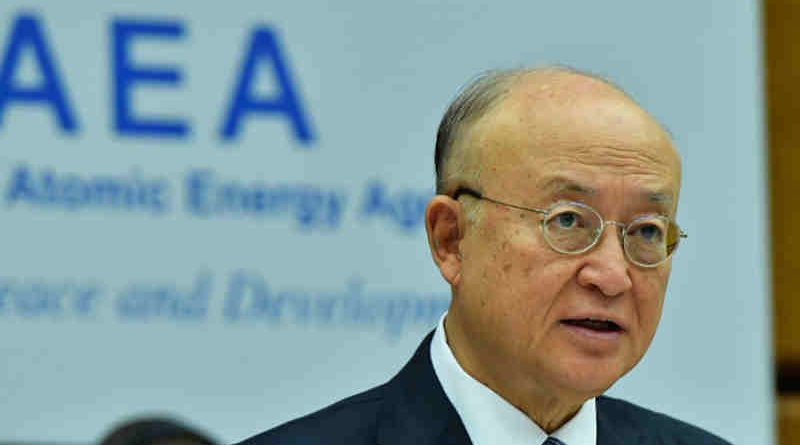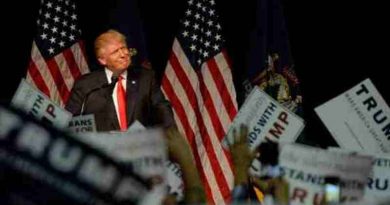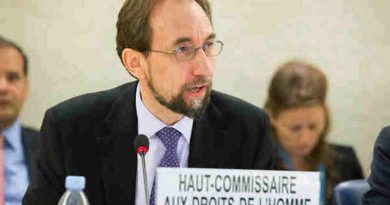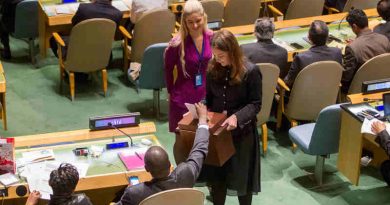UN Agency to Help Verify Nuclear Program of North Korea
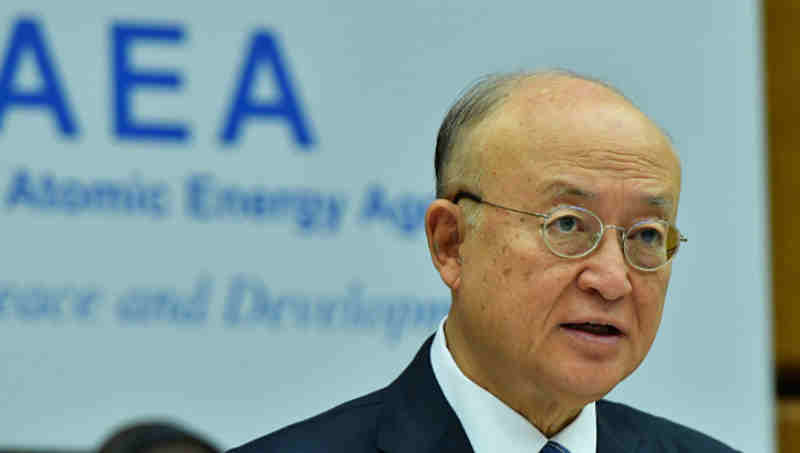
The International Atomic Energy Agency (IAEA) is ready to play “an essential role” in verifying the status of North Korea’s nuclear program as international talks aimed at denuclearizing the Korean Peninsula continue, the agency’s chief said on Monday.
Yukiya Amano, Director General of the UN agency, was addressing its Board of Governors meeting in Vienna.
“The Agency is closely following developments related to the nuclear program of the Democratic People’s Republic of Korea (DPRK or North Korea). We continue to enhance our readiness to play an essential role in verifying the DPRK’s nuclear program if a political agreement is reached among countries concerned,” he said.
In September last year, the IAEA established a team in its Department of Safeguards, to enhance its ability to monitor the country’s nuclear program.
At the time, North Korea, officially known as DPRK, had just launched its sixth and largest nuclear test since its program began in 2006.
Last month, the DPRK announced it had dismantled and closed its nuclear test site at Punggye-ri, a move that was welcomed by the UN Secretary-General.
This followed an historic summit held in April between the country’s leader Kim Jong Un and his South Korean counterpart, Moon Jae-in, during which they signed a declaration covering several issues, including the goal of realizing the “complete denuclearization” of the Korean Peninsula.
In another first, the North Korean leader and United States President Donald Trump are due to meet in Singapore next week where the nuclear issue is expected to be on the agenda.
Turning to Iran, the IAEA chief reported that the agency continues to verify and monitor the country’s implementation of commitments under a 2015 agreement.
Known as the Joint Comprehensive Plan of Action (JCPOA), the Iran nuclear deal provides the IAEA with wider access to information about the country’s nuclear program.
The agreement includes an Additional Protocol that enables IAEA inspectors to access any location in Iran.
“The Agency has conducted complementary accesses under the Additional Protocol to all the sites and locations in Iran which we needed to visit,” Mr. Amano stated.
He also noted that the United States, one of six countries party to the agreement, had announced its withdrawal from the JCPOA in May.
Courtesy: UN

